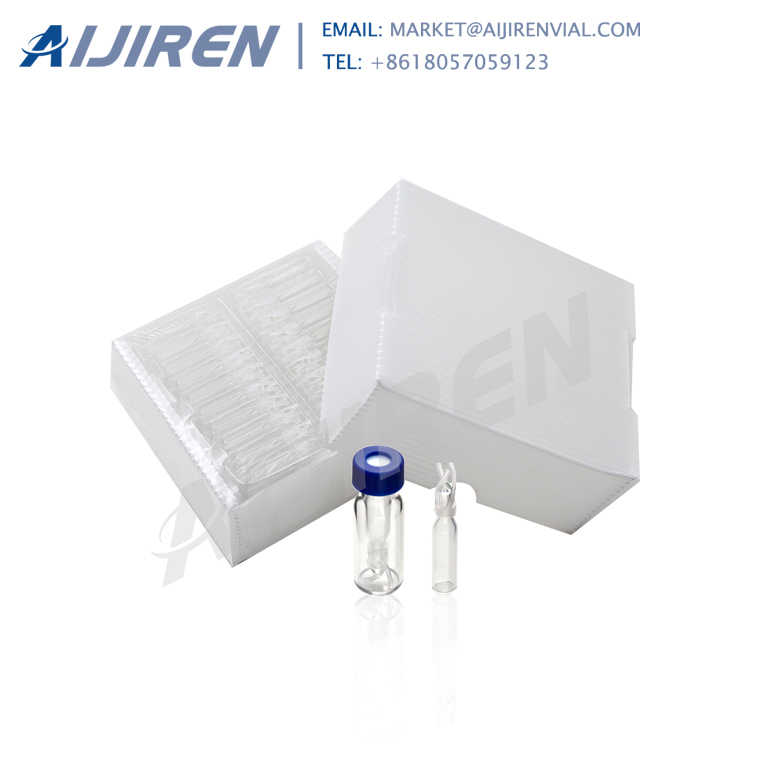
Dec 02, 2020 · The first step in insert molding is to custom-build a tool to accept a solid component or part as an insert. That insert is placed into the tool, and a thermoplastic elastomer (TPE) is injected into the tool cavity, coating the insert in a smooth layer of plastic.
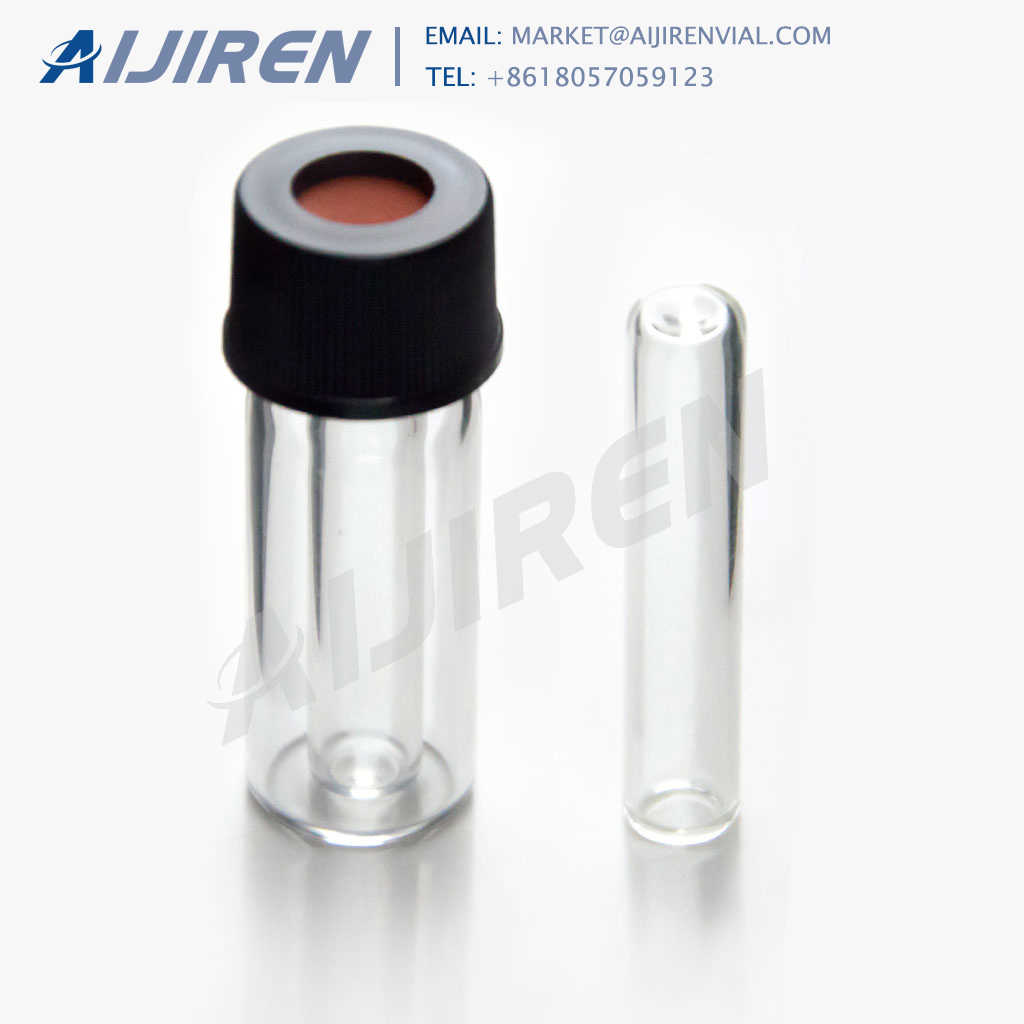
Aijiren Vial insert, 100 uL polypropylene insert with polymer feet, 100/pk - 58. List Price $32.70 Your Price $32.70. HOW MUCH YOU SAVE:
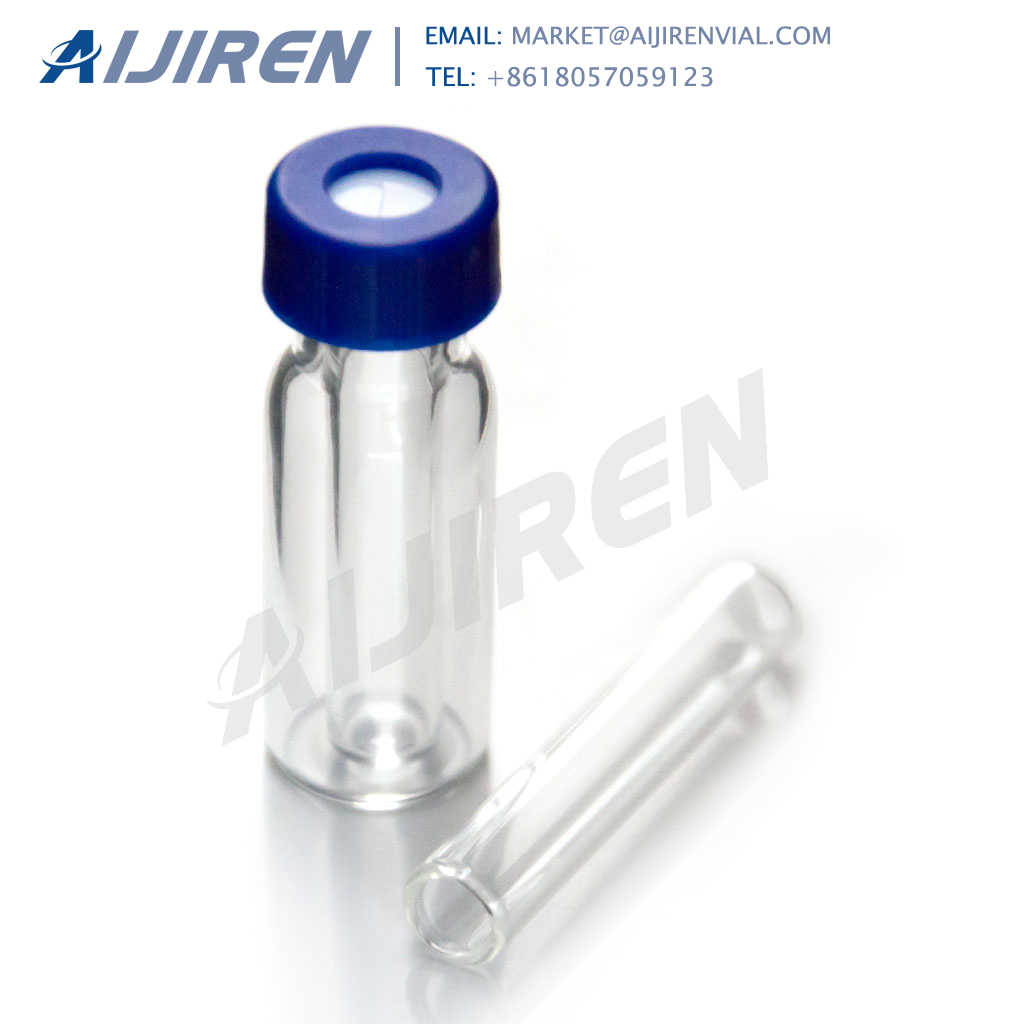
The following is a quick review of these steps. Preparing the Machinery: Preparing the machinery used in the process is the first step when it comes to designing insert molding. One has to check the machine tolerances and the alignment of every part to ensure that the final product comes out clean. Inserts: The next step is deciding the type of
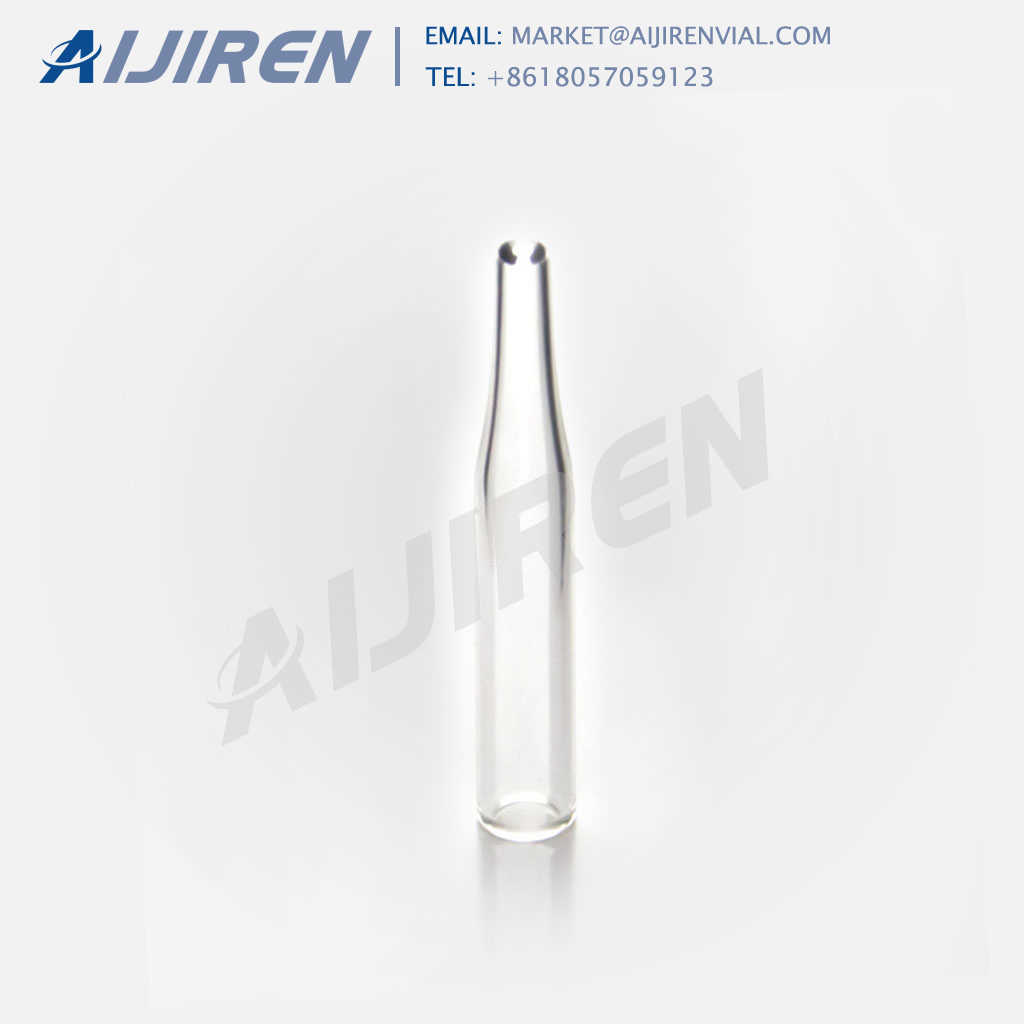
Dec 02, 2020 · The first step in insert molding is to custom-build a tool to accept a solid component or part as an insert. That insert is placed into the tool, and a thermoplastic elastomer (TPE) is injected into the tool cavity, coating the insert in a smooth layer of plastic. After cooling, the tool is opened and the part is removed and inspected.
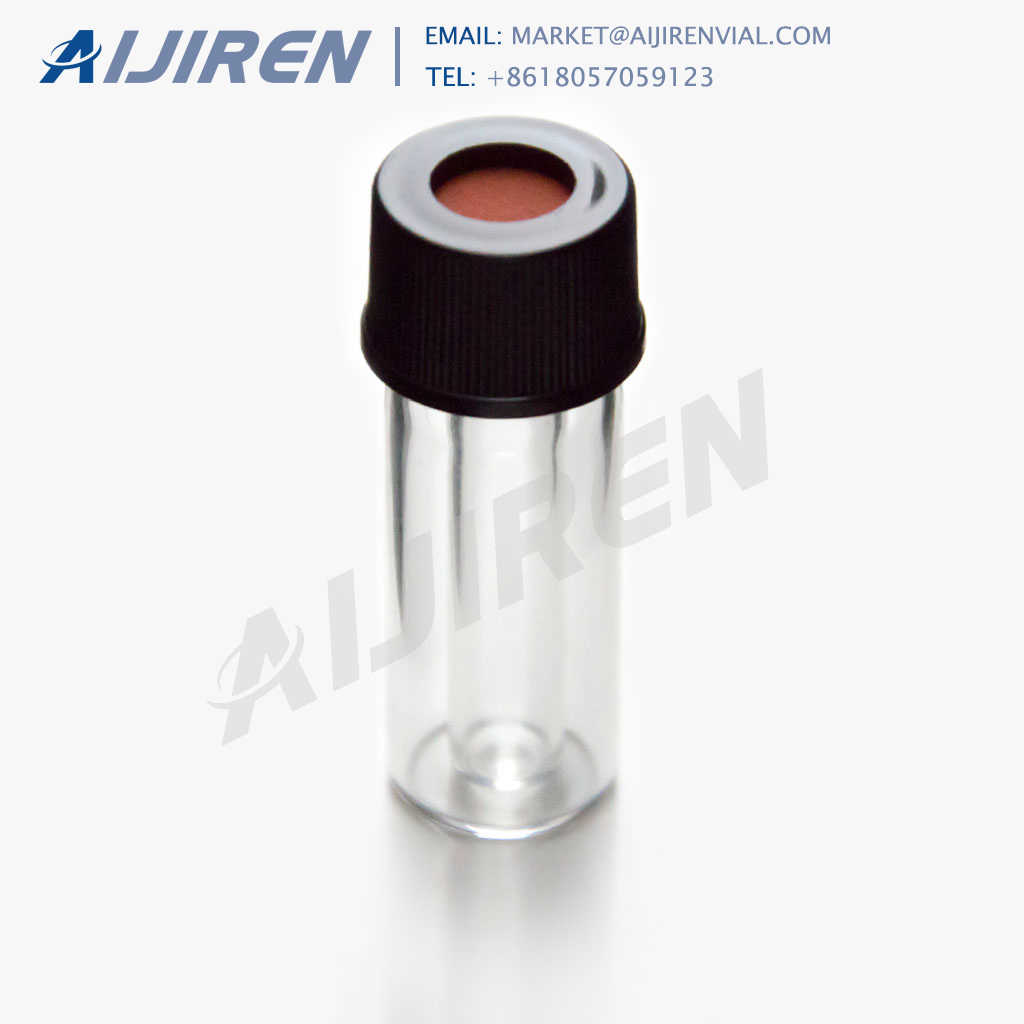
Sep 13, 2021 · Insert molding vs. Overmolding On the surface, Insert Molding and overmolding seem to be very similar to each other, but there are some subtle differences between them. Contrary to insert molding, overmolding is a two-step process where a plastic component is molded over an already molded part to produce a single component.
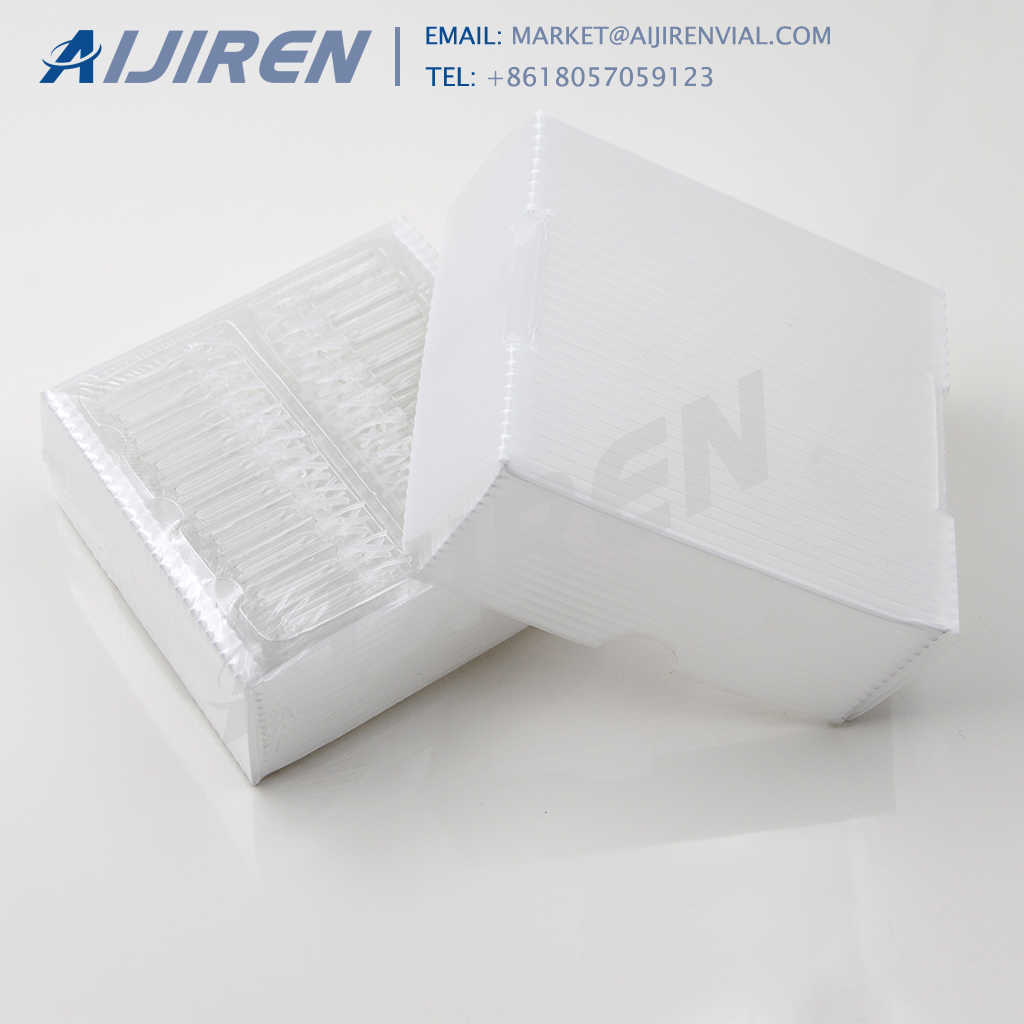
Dec 13, 2019 · There are three main techniques for encapsulating an insert: Multi-component injection molding, also known as co-molding, involves injecting some combination of multiple plastics and metals into the mold at the same time. These materials then join together, resulting in a stiffer, stronger piece. Multi-shot injection molding is similar to multi

Apr 28, 2021 · Some other applications for insert molding include screws, spindles, hard contact point bearings, bushings, and dowel pins. Insert Molding in Electrical Applications. The use of insert molding is common in the world of consumer electronics. The ability to fix electrical components within an insulator has proven to be invaluable to the industry.
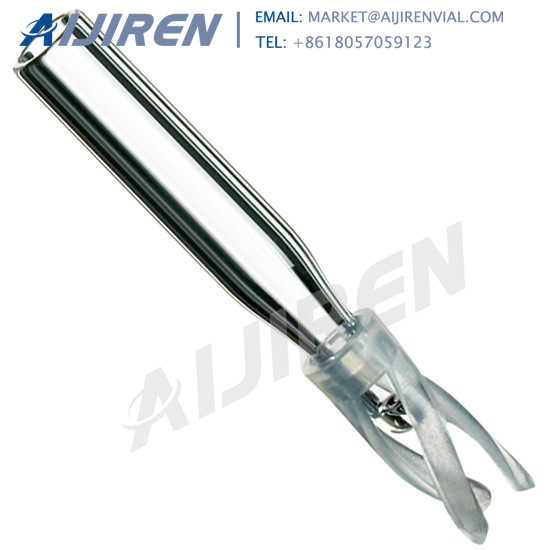
Feb 23, 2022 · Put the insert mold or part into the plastic injection molding cavity. Support the insert piece to avoid it from falling off during the insert molding process. The plastic resin should be poured into the plastic injection molding cavity. Allow the resin to form around the insert piece. After this, you are done.
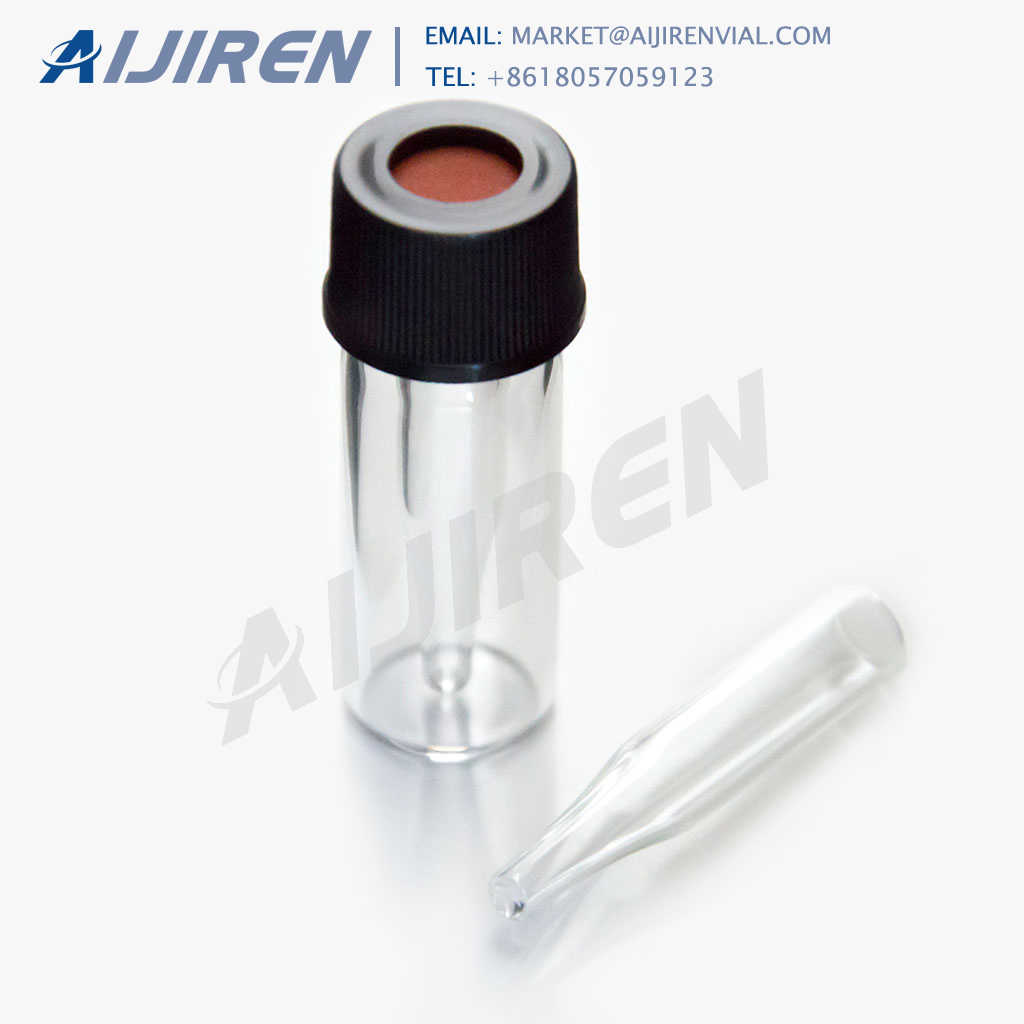
Clear Glass Micro Insert is used to ensure the most accurate and reliable analysis of your lab samples. 250ul Micro-Inserts, flat Bottom. Micro inserts, when used in conjunction with autosampler vials, allow for maximum sample recovery and easier sample removal. Micro Inserts Details
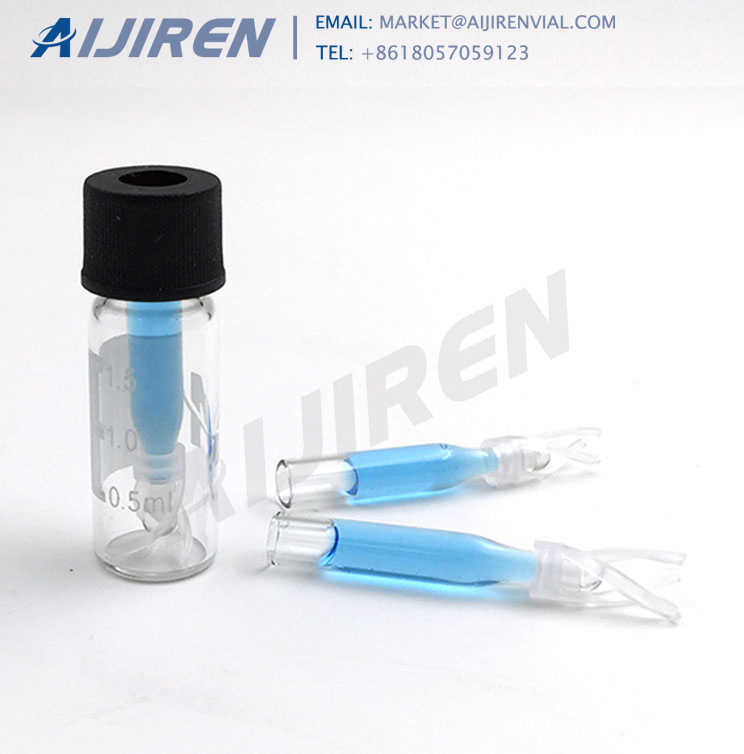
250ul Plastic Insert with mandrel interior and polymer feet,suits for ND9 Vials 250ul Micro-Insert, clear glass, flat bottom, suits for ND8 Vials 300ul Micro-Insert, clear glass, flat bottom, suits for ND9 Vials 1ml shell vials, 1st hydrol glass, clear, 8mm PE-Plug, soft, without insertion Size 29*5.7mm 31*5mm 31*6mm 8.2*40mm 29*5.7mm 29*5mm
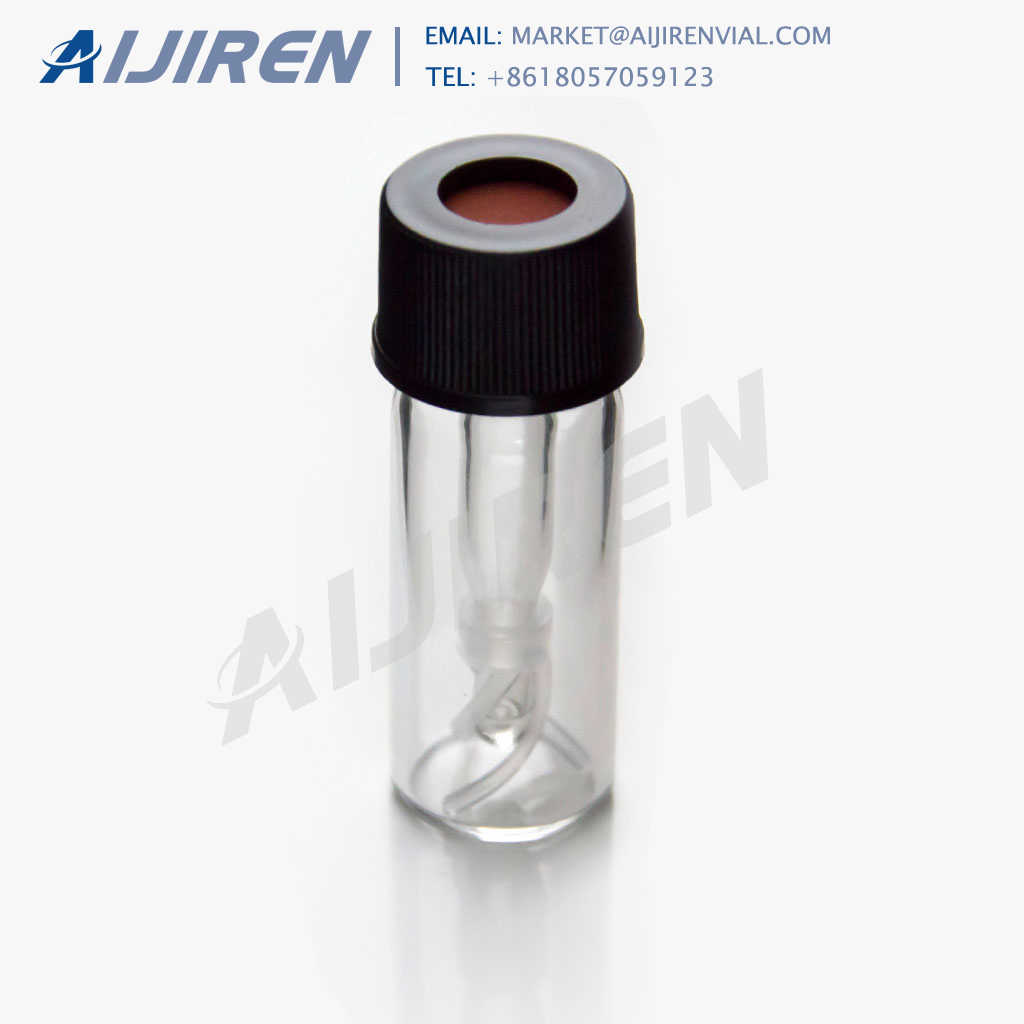
101mm from parting line. Up to 203.2mm if the parting line can pass through the middle of the part. PROJECTED MOLD AREA. 1 3 sq. mm (plastic) 30968 sq. mm (silicone rubber) Height may be limited if using a silicone as the overmold material, and deeper parts are limited to a smaller outline. Minimum part volume is 0.025 cu. in. (40.98 cu. mm).
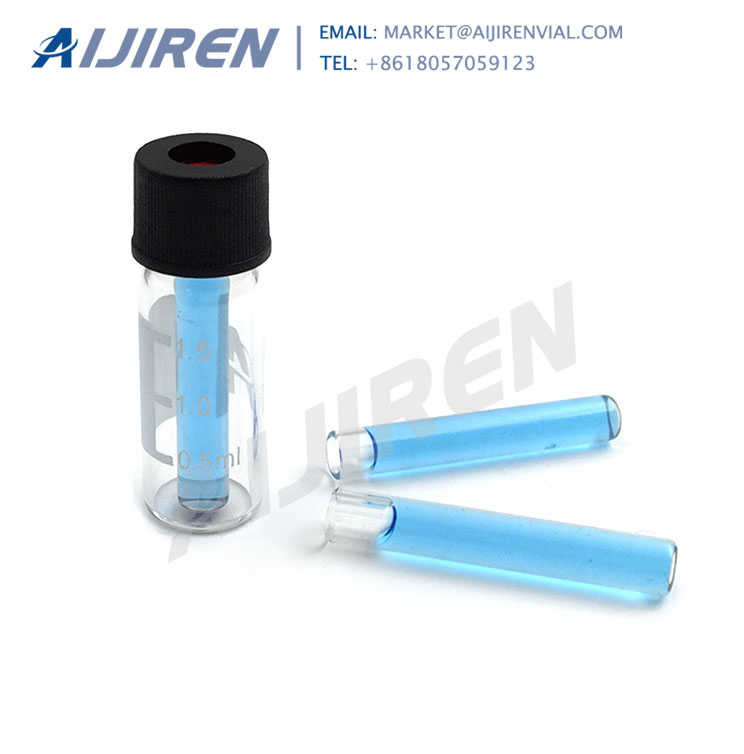
Dec 13, 2019 · There are three main techniques for encapsulating an insert: Multi-component injection molding, also known as co-molding, involves injecting some combination of multiple plastics and metals into the mold at the same time. These materials then join together, resulting in a stiffer, stronger piece.
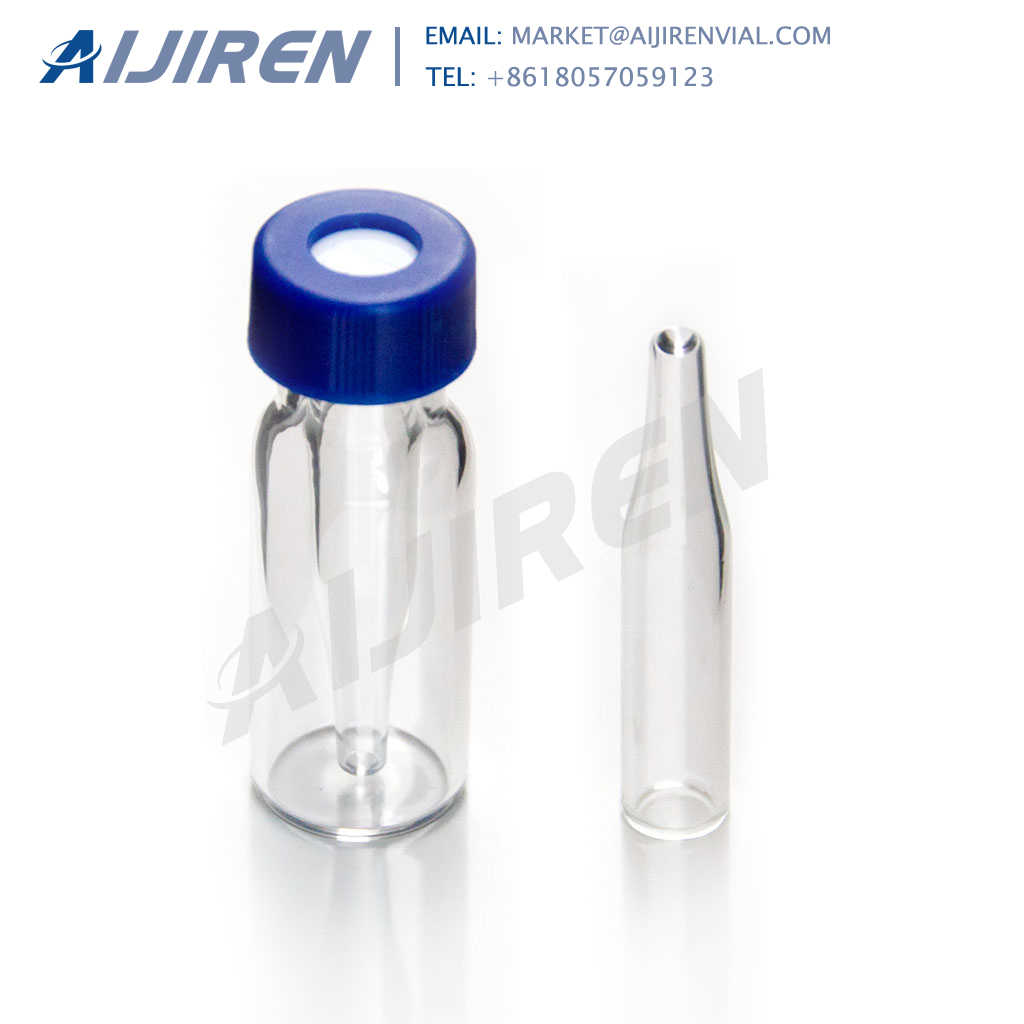
Overmolding vs. Insert Molding. Overmolding is an injection molding process that allows an additional layer of resin to be added to an existing molded part to provide a combination of characteristics that no single material can provide. One of the most common applications is to add a soft, functional, hand-friendly layer of rubber-like material
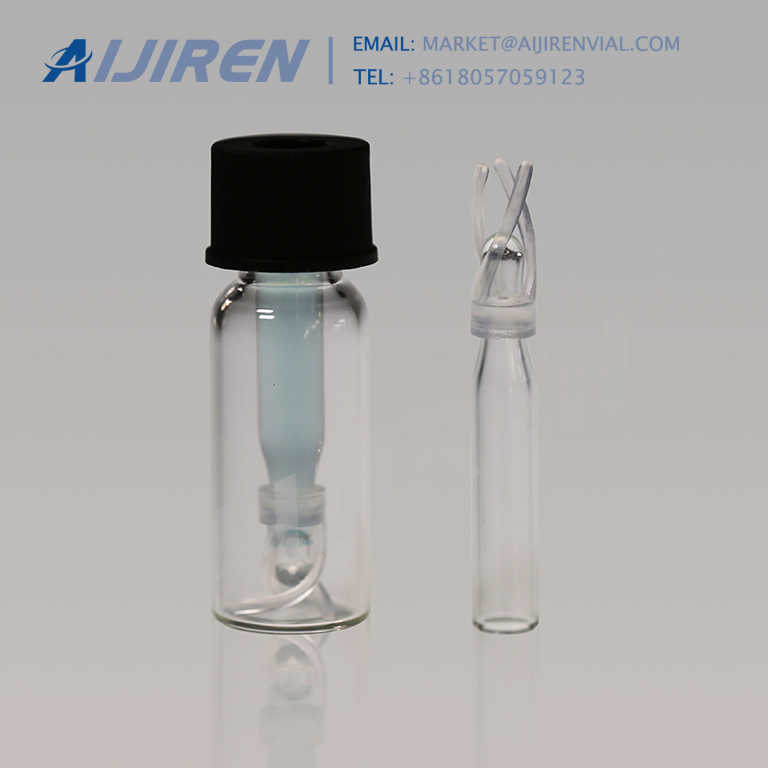
Jan 28, 2021 · Generally speaking, the insert should extend a minimum of 0.016” (0.4 mm into the cavity of the mold), and, in order to prevent sink marks in the plastic, the molding beneath the insert should be a minimum of one-sixth the insert’s diameter. A good rule of thumb when designing inserts is to ensure that they stay small relative to the
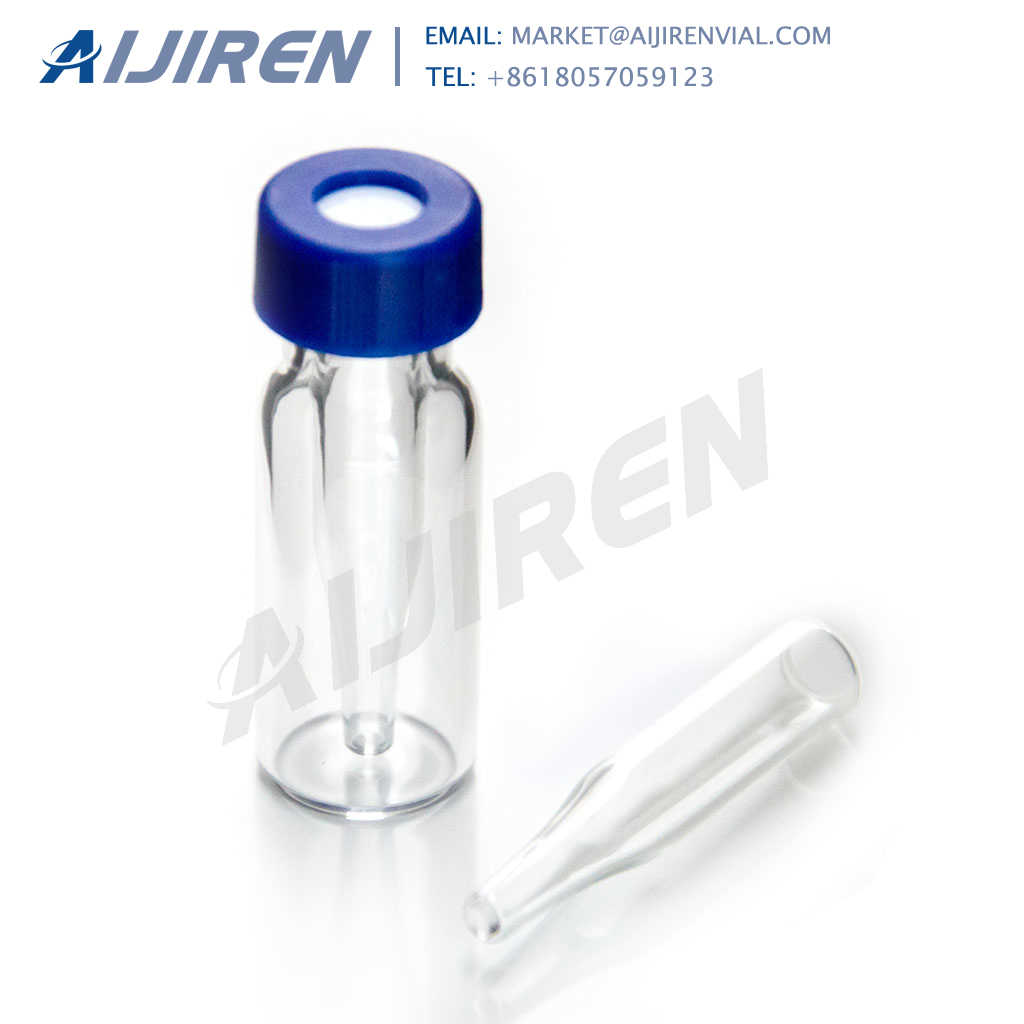
The vertical posture ensures that the mold remains in place during over-molding and insert molding by using gravity. The molten plastic is now poured into the mold, which is then closed. Inserts are utilized in a variety of techniques, including injection molding, compression molding , GRP molding, SMC/DMC molding, extrusion blow molding , structural foam, and rotational molding.